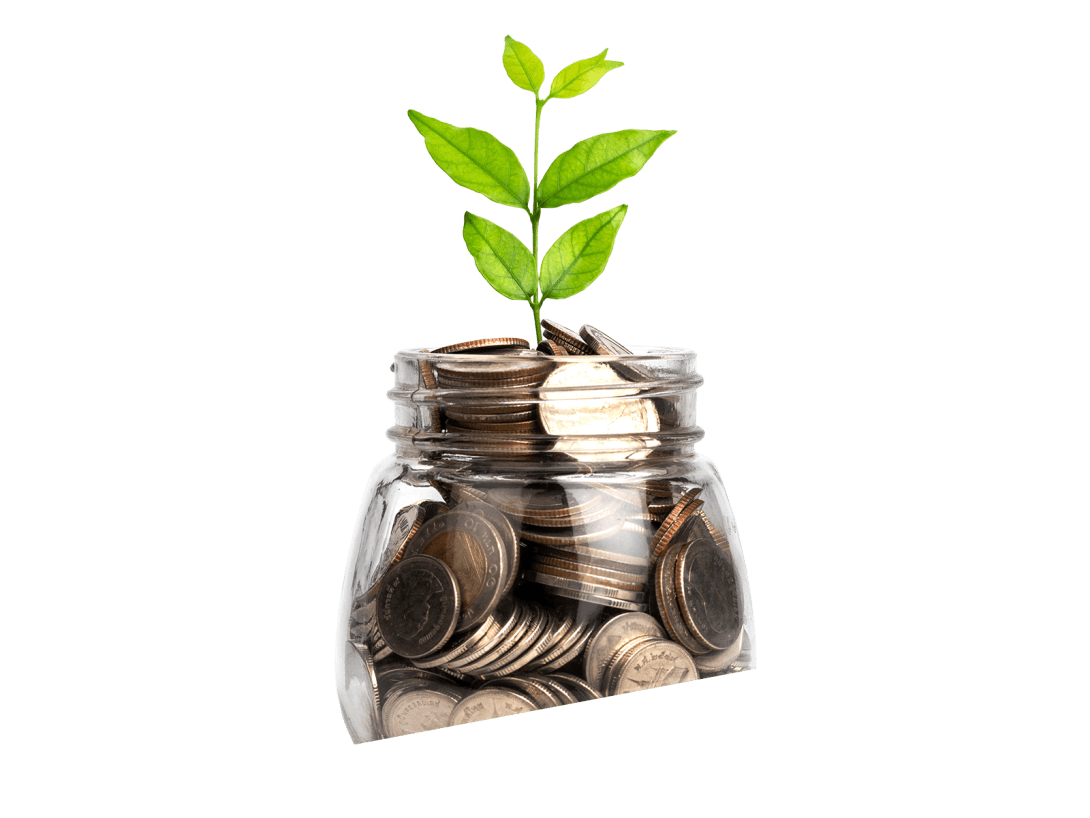After reading this article, you will understand how banks support businesses as they move towards more sustainable business models. You will learn how banks are transforming to promote climate change mitigation and why financial institutions have a significant role to play in the coming sustainable economic transition.
Banks play an important role in climate change mitigation
Europe plans to become the first climate neutral continent by 2050. Considering the serious consequences climate change has had in just the last five years, this is an ambitious and very relevant goal! To achieve its climate change mitigation objectives, the European Union plans to mobilise investments totalling one trillion euros this decade alone, as part of the European Green Deal.
That seems like a lot, and yet it will not be enough. The EU Commission has stated that reaching the first two European environmental objectives, climate change mitigation and climate change adaptation, will require around 390 billion euros each year. Enormous amounts that neither the state nor industry are capable of providing on their own.
Close cooperation between the industrial, political and financial sectors will be absolutely essential, particularly since corporate finance in Europe is largely realised via loans. Because of this, banks have a great deal of leverage and responsibility when it comes to sustainability. And banks have accepted this responsibility, even integrating it into the lending process. For example, specialised sustainable financing can considerably accelerate investments in environmental protection, climate change mitigation or energy efficiency, and provide support for businesses as they transition to greener models.
Climate change risk management
Climate change is also creating completely new risks for the economy and society, which of course represent very specific risks for individual businesses. The immediate association is with long periods of heat and drought, extreme weather or floods. The technical jargon here is physical risks.
However, climate change will have other effects – known as transition risks – such as changes to consumer’s demand behaviour, political uncertainty and risks posed by companies with faltering business models that cannot manage the transition or fail to do so in a timely manner. This has direct consequences for banks as lenders. They are therefore highly motivated to manage and control these ESG risks – in addition to all other risk factors.
Dark green initiatives alone won’t suffice – transition finance
One common criticism is that banks’ balance sheets still contain too many ‘brown activities’, and that they should sell the ‘dirtiest’ parts of their portfolios. However, doing so would not contribute effectively to the fight against global warming. It is far more likely that investment and financing of such activities would simply be taken over by other, less well-regulated providers and financial market participants (see: shadow banks). These providers often roll back environmental requirements and thus make investments even ‘dirtier’. It is therefore more expedient for banks to work together with their customers and support them through the transition.
No longer niche: sustainable finance
It’s been a long time since sustainability could be considered a niche interest, so it’s no surprise that it is now a priority for banks. Indeed, more and more Boards of Directors have a Chief Sustainable Officer. Sustainable finance can be applied to almost all bank business, and affects practically every employee, so institutions are training their staff to ensure they are well-informed. There is a particular emphasis on building expertise in the B2B segment, in order to provide excellent advice to customers. This combination of expertise, in both sustainability and capital markets, guarantees that banks can support their customers as they transition towards a more sustainable future.
And of course, many banks are also in the middle of a reform process. They have not just publicly expressed their commitment to achieving a climate neutral economy, but have also set clear goals regarding the amount of carbon that must be removed from their lending book within a set period of time.
For example, more than two-thirds of our members (measured based on total assets) have committed themselves to aligning their customer portfolios with the Paris climate objectives. Not only that, many of our members are active in the Net Zero Banking Alliance. And the Association of German Banks supports the Principles for Responsible Banking.
Example: climate change mitigation in construction. How banks ensure that newly built buildings are more environmentally friendly.
Did you know that around 30 percent of greenhouse gas emissions in Germany are caused by the construction industry? Of course, this means that green construction finance is very important for climate change mitigation, and banks take that seriously.
As part of green construction finance, institutions check the energy consumption of construction projects they finance, assess the construction materials and calculate the emissions that will occur both during construction and use. Some banks even offer better loan conditions for construction or purchase of real estate boasting low energy consumption, ensuring that investments in improved energy efficiency pay off even faster.
Private investors can also take advantage of sustainable investment opportunities
Investors are increasingly interested in responsible, sustainable investments that mitigate climate change, and a growing number of private investors want to invest their money in sustainable instruments.
Banks are their first point of contact, allowing them to invest their money in sustainable funds and bonds. This includes investments that focus on investing in companies who work with environmental technology and renewable energy. Customers can even invest directly in shares and bonds for companies working with solar and wind energy.

